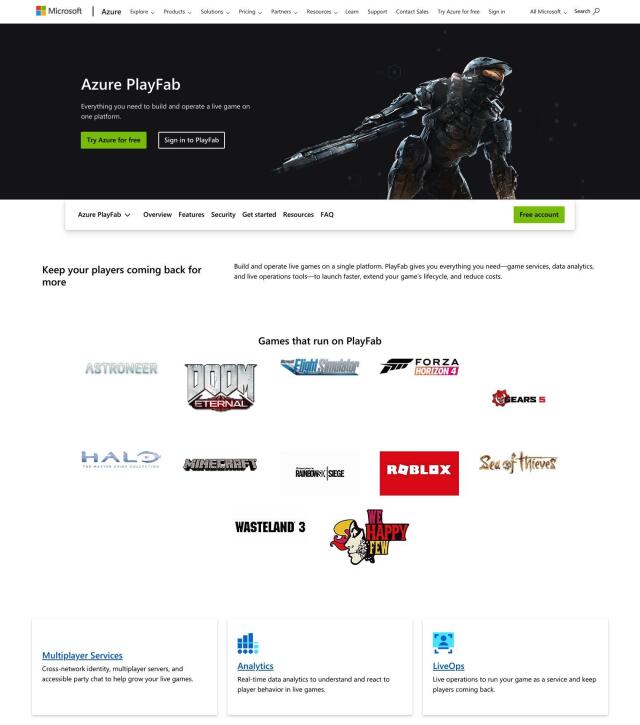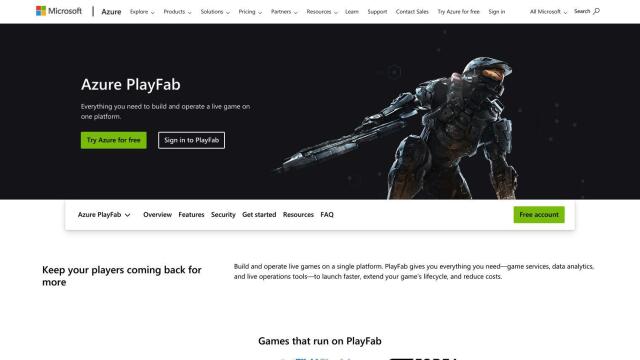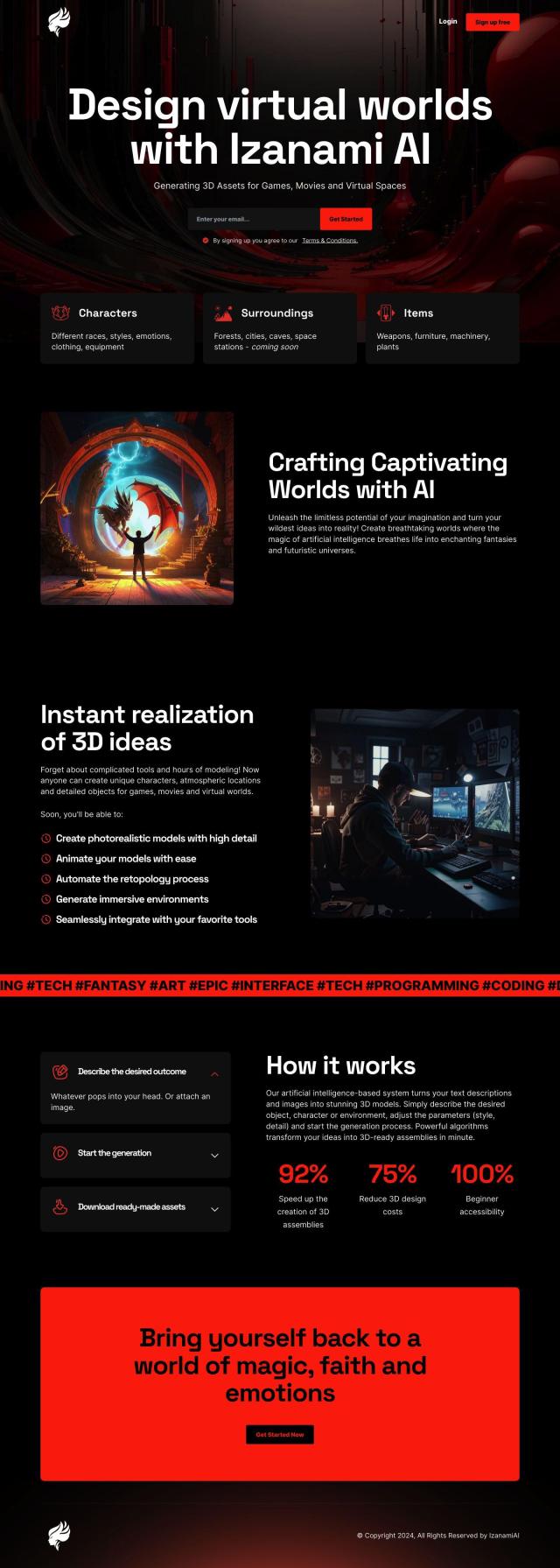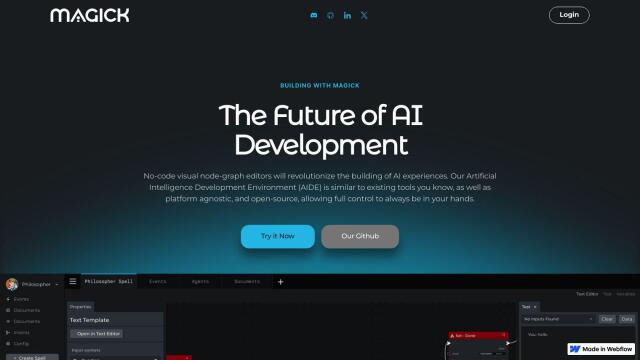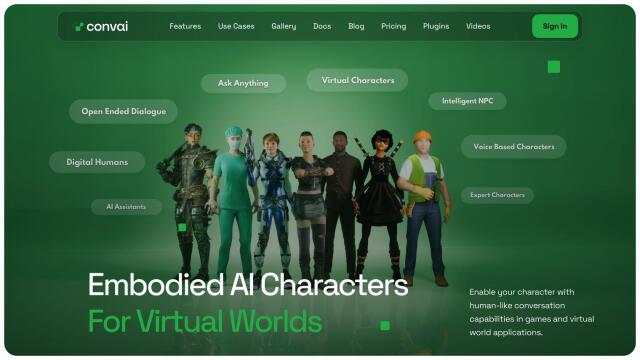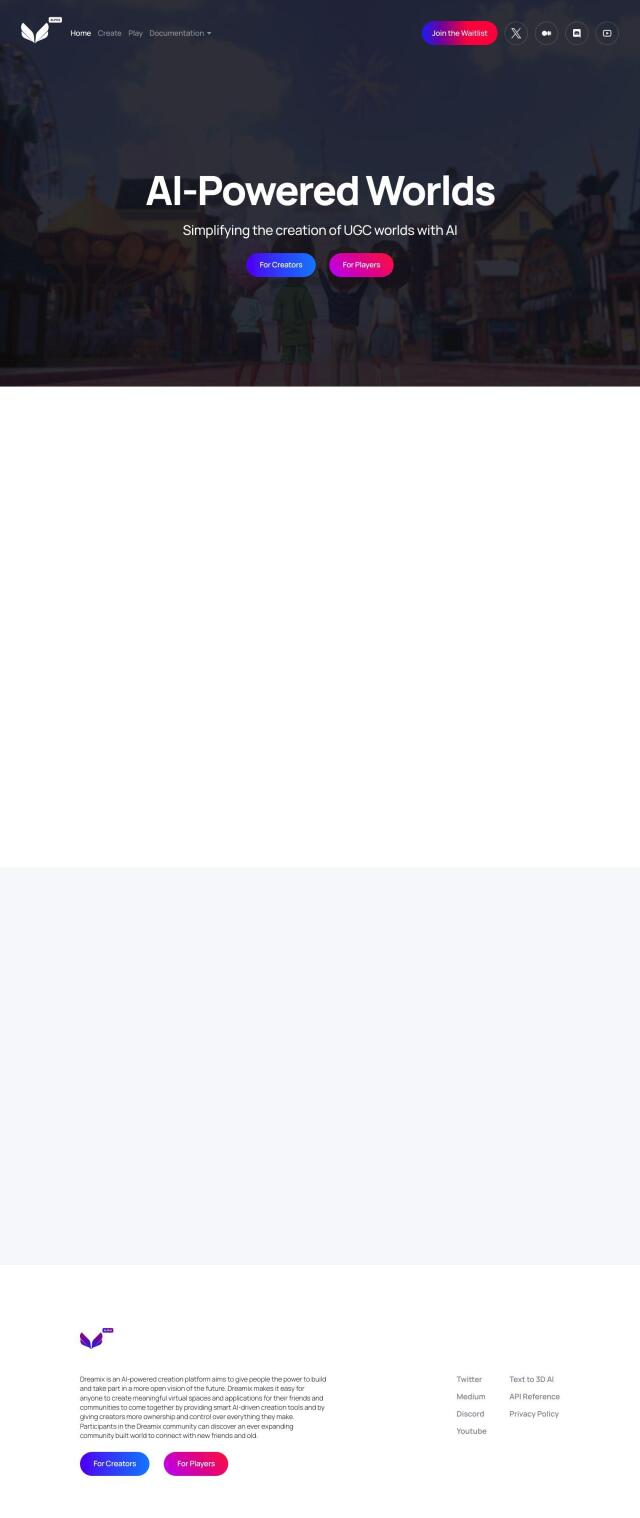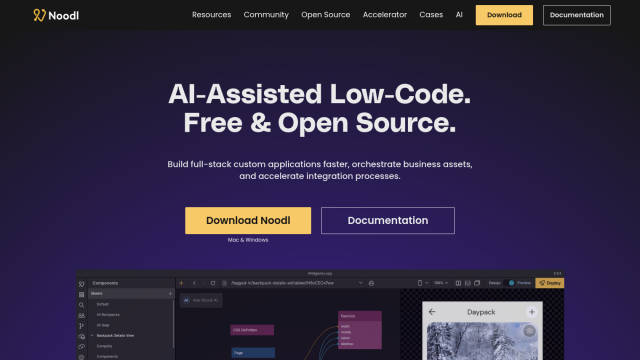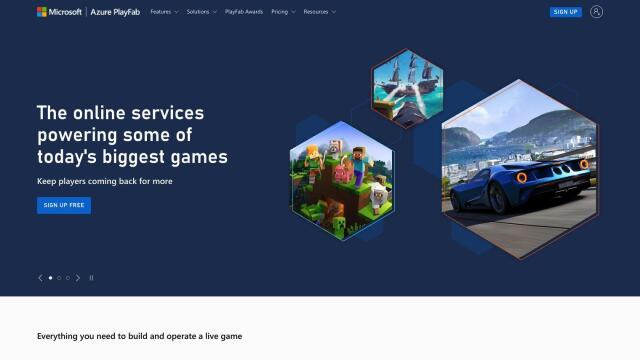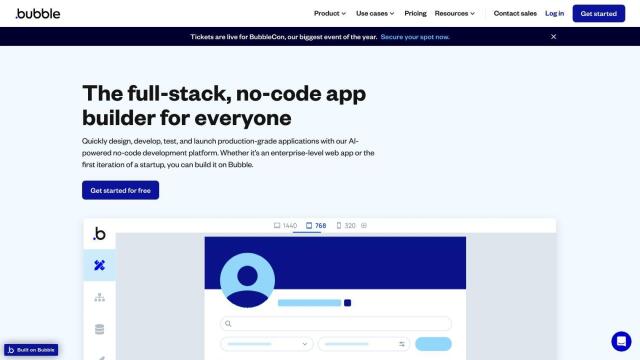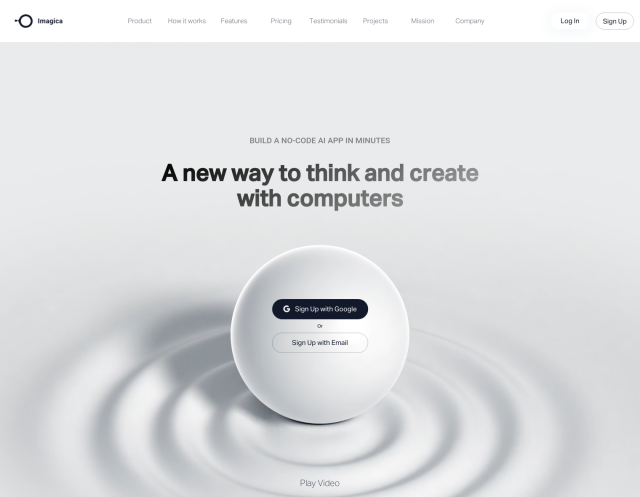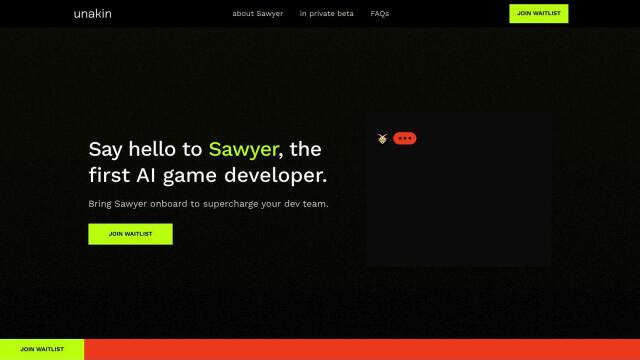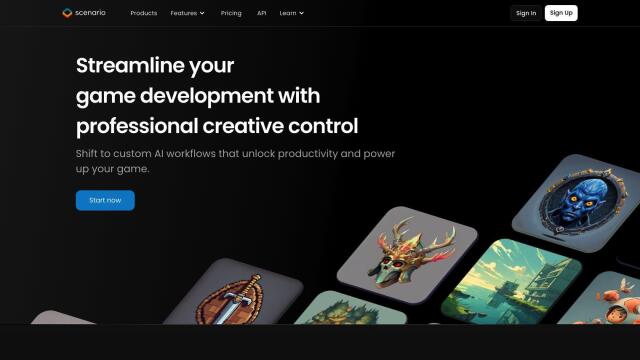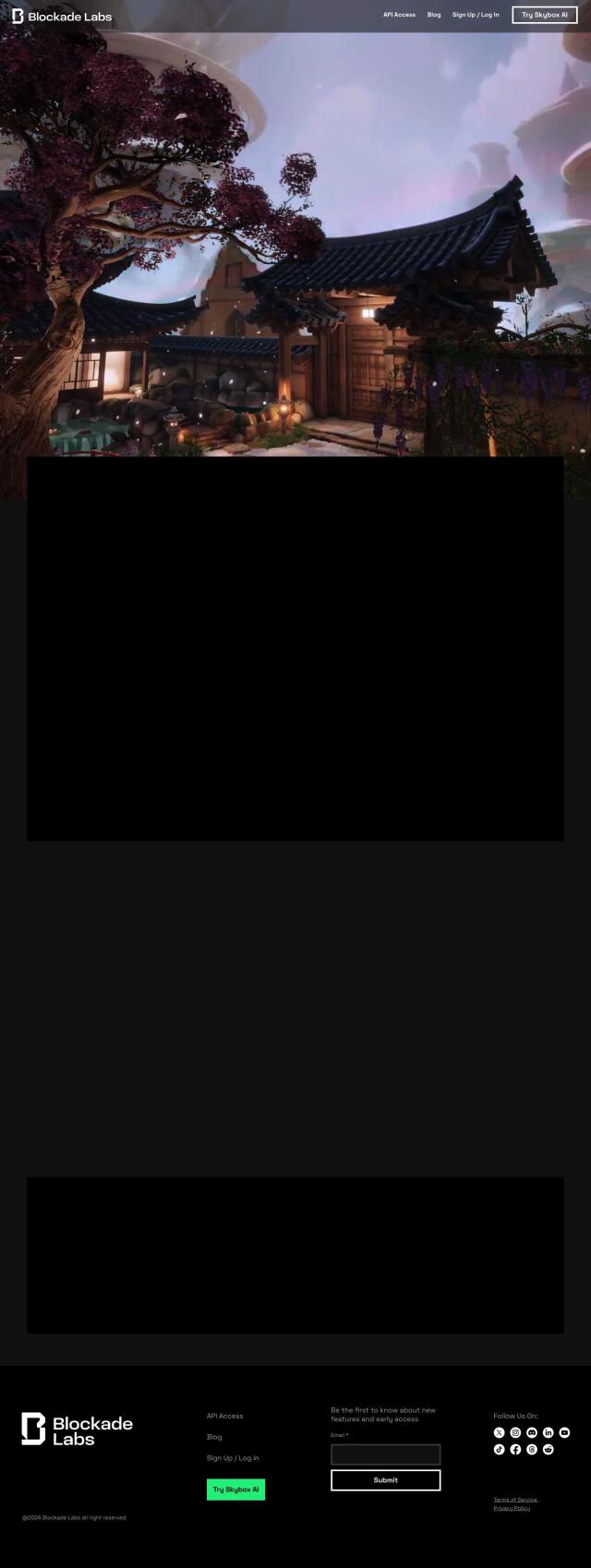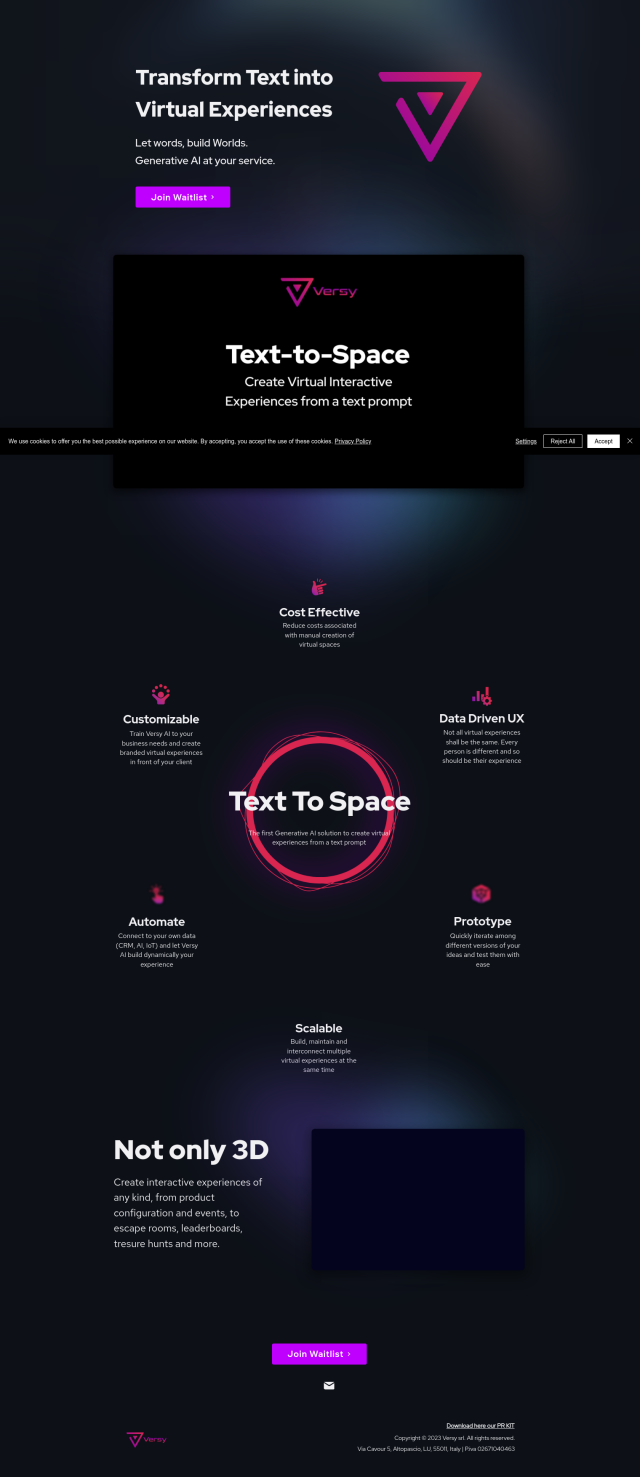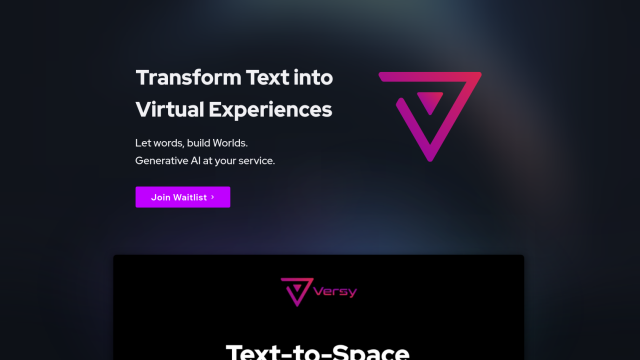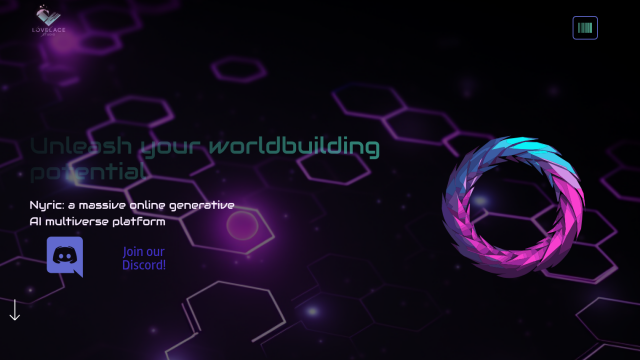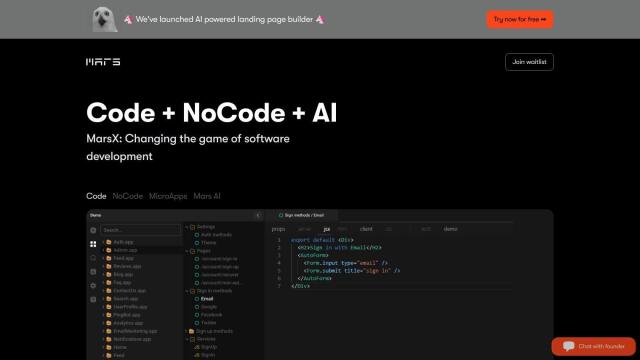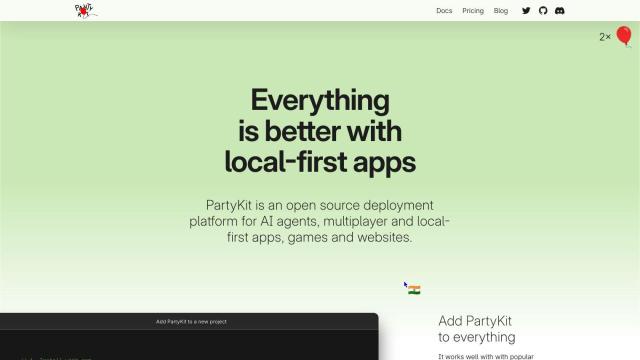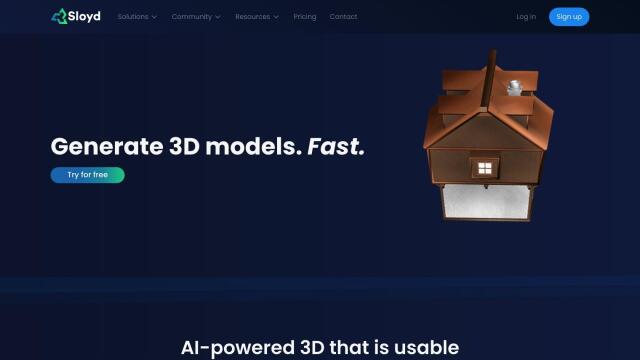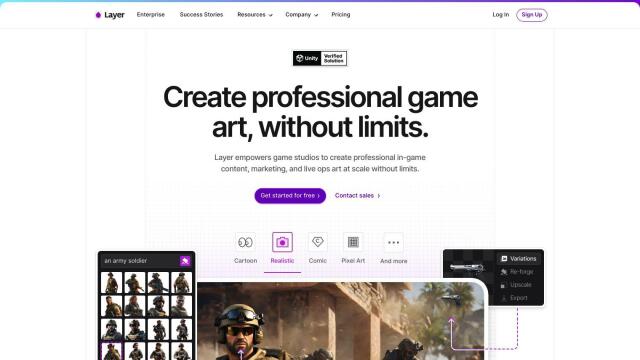Question: Can you recommend a solution that allows me to build live games and virtual worlds fast with minimal coding?

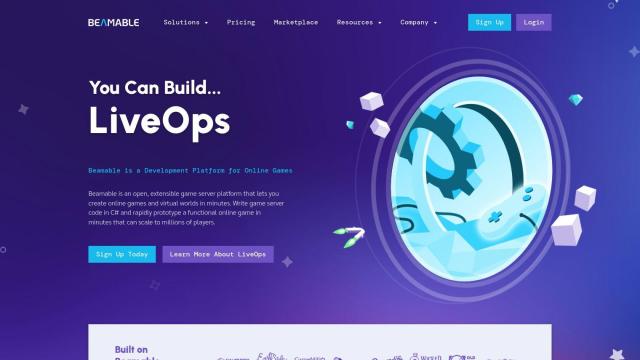
Beamable
If you want to build live games and virtual worlds as fast as possible with as little code as possible, Beamable is a good option. It's got a full set of tools for fast creation and deployment, with a serverless design, microservices, C# scripting and a Mongo cloud database. It's integrated with Unity and Unreal Engine and has a LiveOps Portal for game management, events, tournaments and leaderboards. It's got a free tier and flexible paid options, so Beamable can help developers get game features and content into their games as fast as possible.

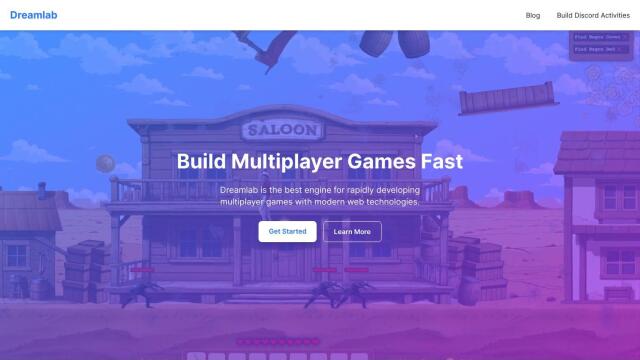
Dreamlab
Another contender is Dreamlab, a game engine that lets developers build multiplayer games fast with modern web technology. Dreamlab is designed to focus on game design, not asset creation, with AI that creates levels, characters and props. Developers can write games in JavaScript or TypeScript and use the engine's multiplayer netcode and real-time collaboration tools. It can publish games as standalone web apps or as Discord Activities, so it's good for a variety of game development needs.

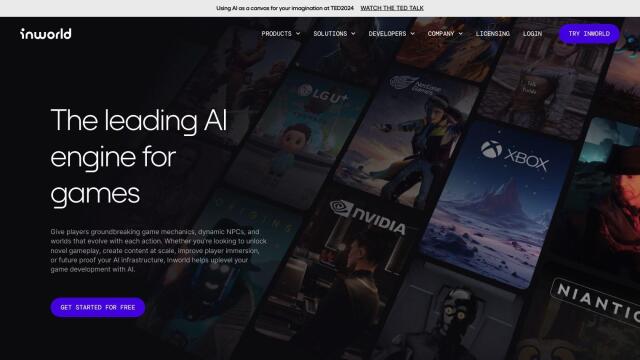
Inworld
If you want to add realistic AI agents to your games, Inworld is a powerful option. It's got a real-time AI engine, content creation studio and custom AI infrastructure options to add new game mechanics and player engagement. With character creation, scene management and AI voice generation tools, Inworld lets developers create rich and immersive worlds. It's designed to work with a variety of game genres and offers a free trial for new users.
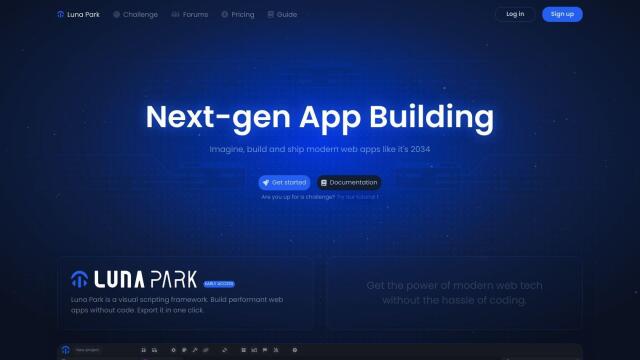
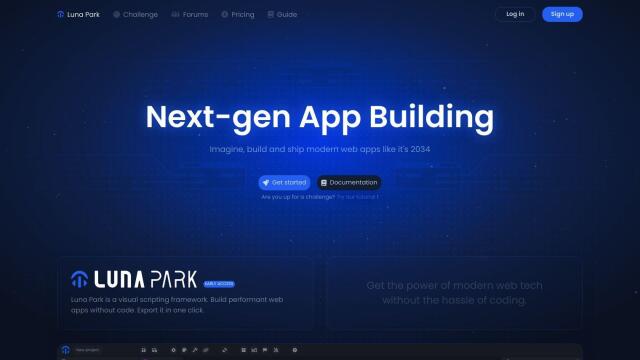
Luna Park
Last, Luna Park is a visual scripting framework that lets you build high-performance web apps with no programming at all. It's got custom components, visual logic, dynamic variables and instant preview for fast development and flexibility. With its interactive tutorials and gamified puzzles, Luna Park can help you learn complex logic without ever having to write a line of code, so it's good for personal and professional projects.
